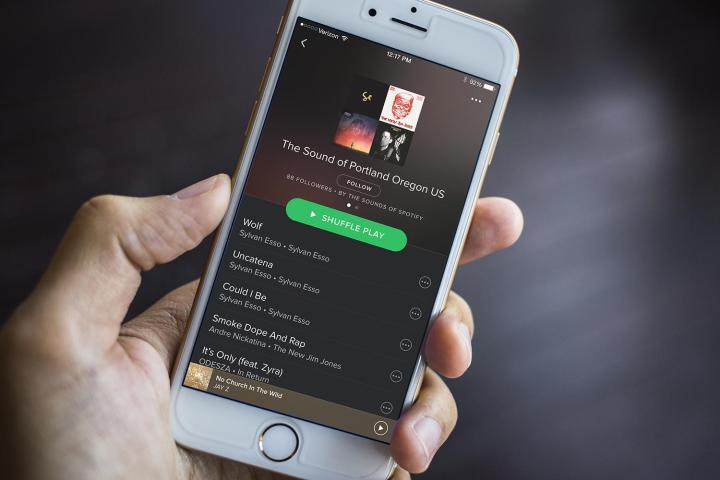
You know it’s bad when the CEO of a company has to issue a mea culpa, and that’s exactly what Daniel Ek of Spotify did on Friday, apologizing for the very controversial new privacy policy (or lack thereof) the music streaming service recently released.
As per the new guidelines, Spotify has claimed the rights to not only access users’ contacts, photos, GPS data, and sensor data, but also to share this information with advertisers (of which there are aplenty on the service). Naturally, a number of current Spotify users quickly became former Spotify users, and as a result, Ek penned a blog post titled simply, “SORRY.”
An attempt at pacification, Ek’s post is a much needed dose of clarification on the first blog post, released August 17, that alarmed many users with its apparent disregard for privacy rights and concerns. Wrote Ek, “We are in the middle of rolling out new terms and conditions and a privacy policy and they’ve caused a lot of confusion about what kind of information we access and what we do with it. We apologize for that. We should have done a better job in communicating what these policies mean and how any information you choose to share will — and will not — be used.”
While the CEO notes that the new policy does indeed ask for users’ photos, mobile device location, voice controls, and contacts, he emphasizes, “Let me be crystal clear here: If you don’t want to share this kind of information, you don’t have to. We will ask for your express permission before accessing any of this data — and we will only use it for specific purposes that will allow you to customize your Spotify experience.”
Whether this appeases the many angry (and high-profile) reactions to the initial policy has yet to be determined, but Spotify’s response certainly bears witness to the enormous power a user base maintains on its service provider, especially in the age of social media. Ek concluded, “Again, we have heard your concerns loud and clear. We are also going to update the new Privacy Policy in the coming weeks to better reflect what we have explained above.”
If you still have concerns over what Spotify is and isn’t using when it comes to your data, you’re encouraged to reach out at privacycomments@spotify.com. As the CEO says, “We’re listening to you and we take your concerns very seriously.”


